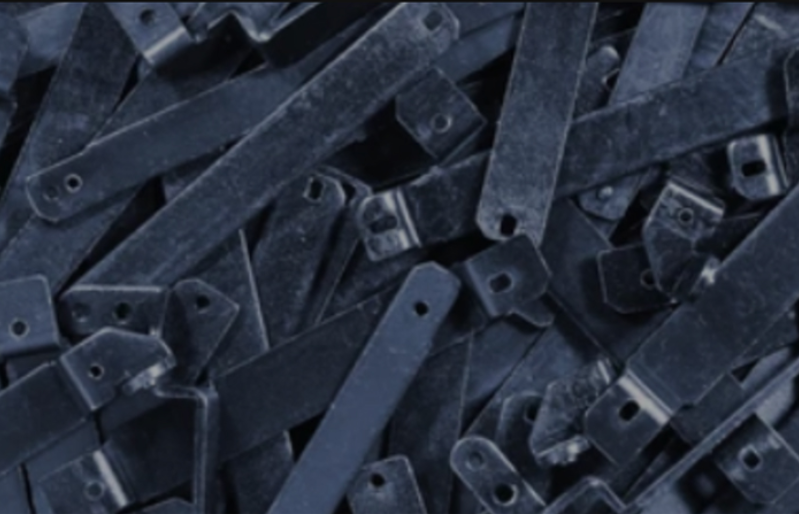Aluminum alloy die casting is a manufacturing process that involves injecting molten aluminum into a mold cavity. The molten aluminum solidifies rapidly to form a replica of the mold cavity. This process is widely used in the manufacture of complex parts with intricate shapes and high precision.
The process of aluminum alloy die casting involves several steps, including mold preparation, melting and injection of the aluminum, solidification, and ejection of the part from the mold. Let\’s take a closer look at each of these steps.
Mold Preparation
The first step in aluminum alloy die casting is the preparation of the mold. The mold is made of two steel plates that are machined to form a cavity in the shape of the desired part. The plates are held together by clamps and placed in the die casting machine.
Melting and Injection of the Aluminum
Once the mold is prepared, the next step is to melt the aluminum. The aluminum is heated to a temperature of around 680°C (1256°F) in a furnace. Once the aluminum is molten, it is injected into the mold cavity under high pressure.
The pressure is typically generated by a hydraulic system that forces the molten aluminum into the mold. The pressure is maintained until the aluminum solidifies.
Solidification
After the aluminum is injected into the mold, it rapidly solidifies to form a replica of the mold cavity. The cooling rate is critical in determining the mechanical properties of the part. A high cooling rate results in a fine-grained and more uniform structure, while a low cooling rate results in a coarse structure.
Ejection of the Part from the Mold
Once the aluminum has solidified, the mold is opened, and the part is ejected from the mold cavity. The part is typically removed by a robotic arm or manually. The excess aluminum, known as flash, is trimmed off the part using a trimming press or a CNC machine.
Advantages of Aluminum Alloy Die Casting
Aluminum alloy die casting offers several advantages over other manufacturing processes. Some of the advantages include:
1. High Precision
Aluminum alloy die casting is capable of producing parts with high dimensional accuracy and excellent surface finish. This makes it an ideal process for manufacturing complex parts with intricate shapes.
2. High Productivity
Aluminum alloy die casting is a highly automated process that can produce large quantities of parts in a short amount of time. This makes it an ideal process for mass production.

3. Lightweight
Aluminum is a lightweight metal that offers excellent strength-to-weight ratio. This makes aluminum alloy die casting an ideal process for manufacturing lightweight parts that require high strength.
4. Versatility
Aluminum alloy die casting can be used to manufacture parts of various sizes and shapes. It can also be used to produce parts with different surface finishes and textures.
Conclusion
Aluminum alloy die casting is a popular manufacturing process that offers several advantages over other processes. It is a high-precision process that can produce parts with excellent dimensional accuracy and surface finish. It is also a highly productive process that can produce large quantities of parts in a short amount of time. With its versatility and ability to produce lightweight parts with high strength, it is an ideal process for a variety of industries.
-

- Die cast magnesium parts laptop housing cover D
-

- Magnesium Aluminum Alloy Children Bike 3-8 Years Old Cheap Hot Sale 14 Inch Children Bicycle FOREVER Wholesale 2022
-

- Custom-made metal parts macbook middle board produced
-

- Wholesale Magnesium Alloy Baby Cycle For 3 To 5 Years Old 12 Inch Kids Cycle OEM Cheap
-

- OEM die-casting components & parts
-

- Electric Bicycle Magnesium Alloy 12 inch Integrated Wheel 36v10ah Electric Moped

 0086-750-5616188
0086-750-5616188 +86 13392089688
+86 13392089688 sales@zhongmei-tech.com
sales@zhongmei-tech.com







